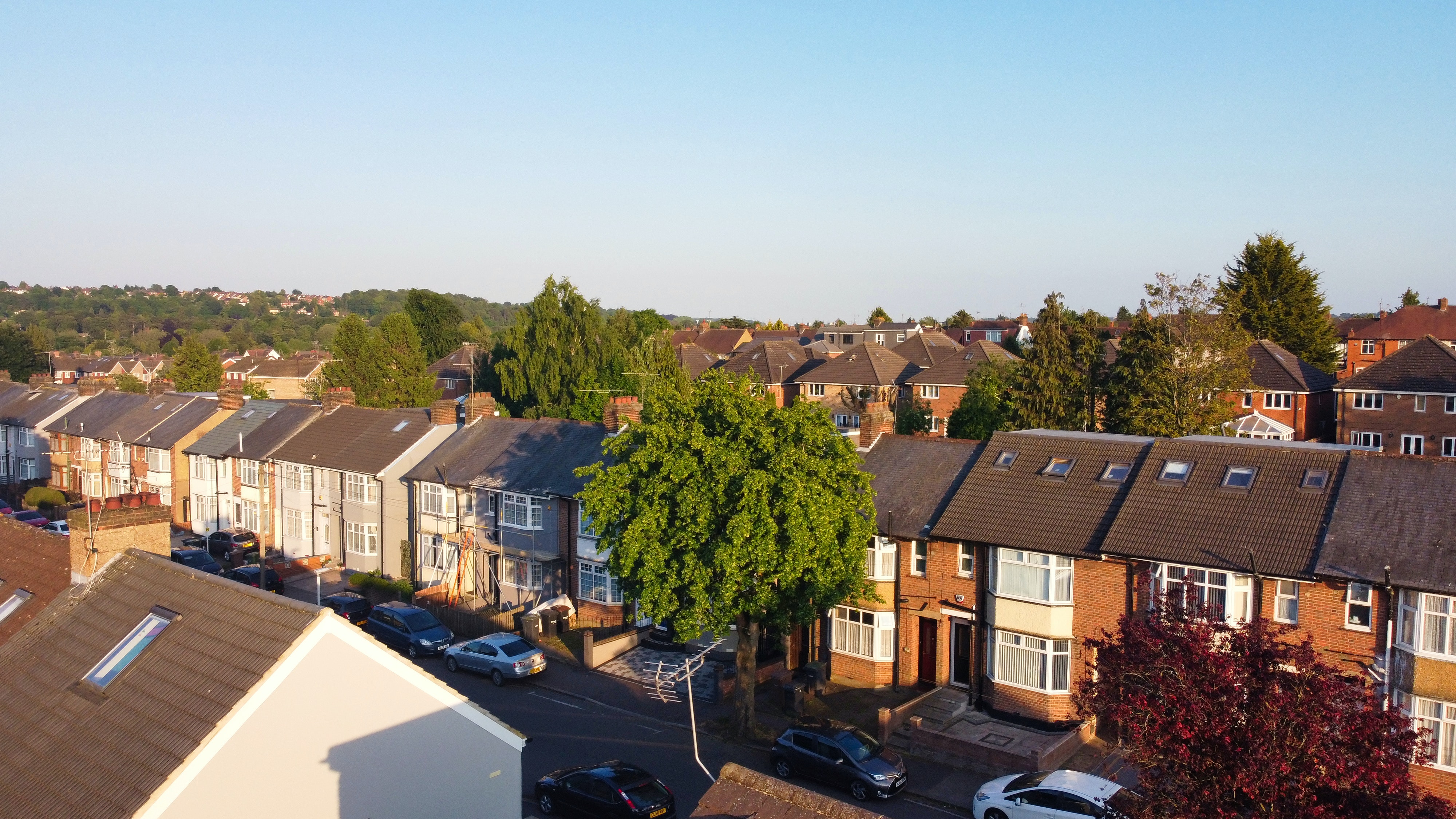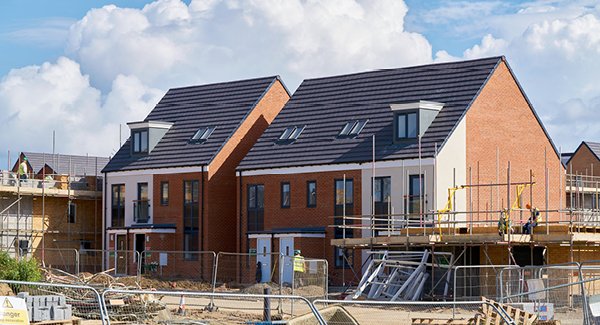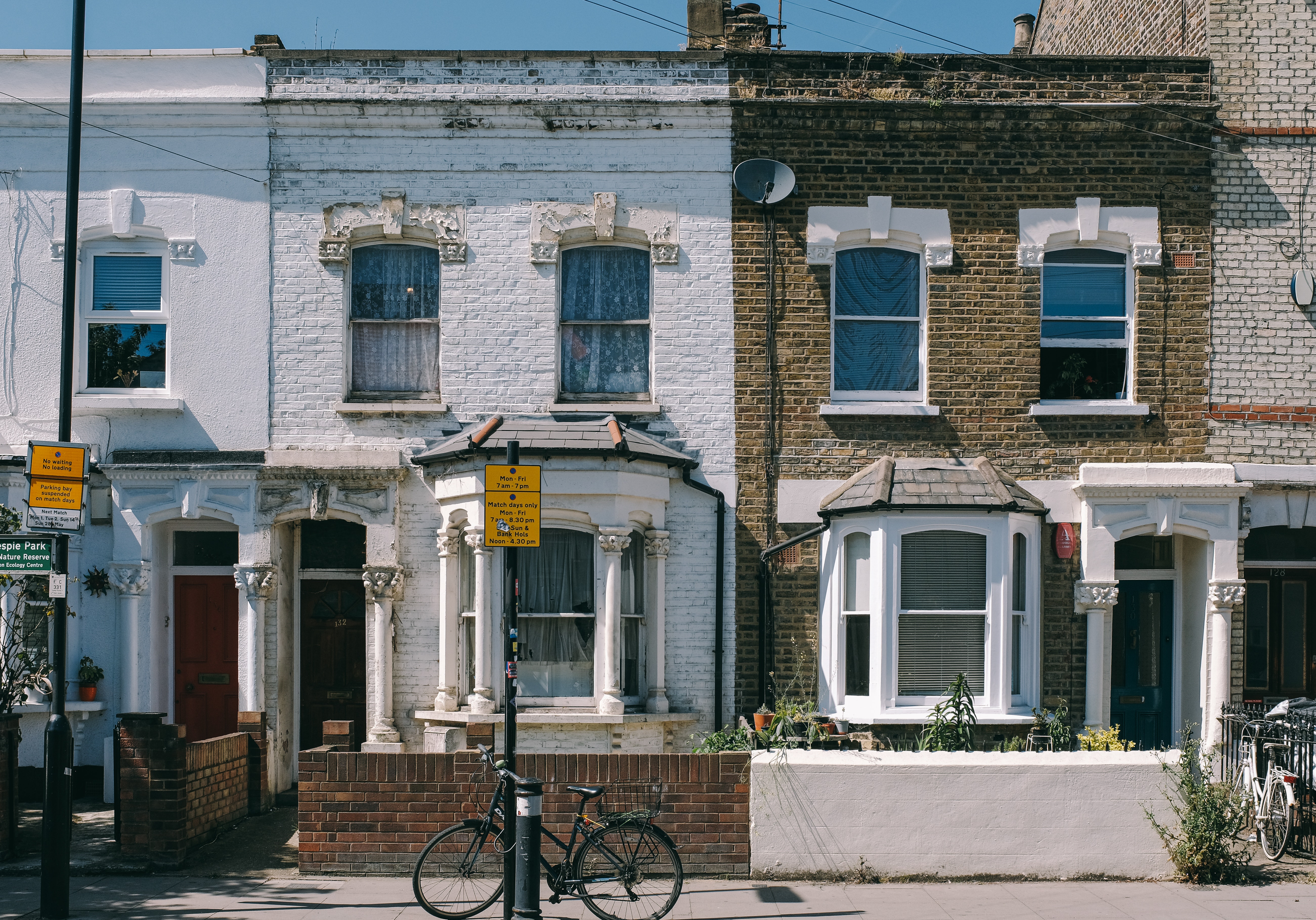Actionable Tips for Complaint Handling Best Practice
In an ideal world, social housing tenants would be content in their homes without issues, but complaints are only sometimes avoidable. Social housing complaints can arise from issues ranging from the property’s condition to communication between the tenant and the housing association.
Complaint handling best practice dictates that complaints should be approached sensitively, communicated clearly and handled promptly to avoid tenant dissatisfaction. Here are some tips to help you roll out complaint handling best practices.
- Complaints policies and procedures
- Considerations for complaints handling
- Maintaining good tenant relationships
Complaints policies and procedures
The Housing Ombudsman Service complaint handling code outlines several procedures to follow for maximum impact. If a complaint is longstanding or recurring, these principles should be adhered to to ensure a timely resolution, reducing tenant frustration.
Complaint handling best practices dictate that housing associations should:
- Communicate clearly.
- Be accessible to residents.
- Comply with the Equality Act 2010 and ensure reasonable adjustments are made where applicable.
- Allow multiple stages for residents to appeal a decision.
- Provide advice on residents’ rights to access the Housing Ombudsman Service during the complaints process.
Complaints should be handled sensitively, independently and with an open mind. Housing associations should consider all information and evidence carefully before taking action to ensure the best and most appropriate resolution.
Communication should be clear and approached respectfully to maintain a positive and cooperative relationship with residents.
Your communication with tenants should:
Be welcoming and use appropriate language
It's important to speak to tenants in a friendly, reassuring manner. Acknowledging their frustrations can help to build or repair relationships with residents to achieve a resolution without resistance.
Address all points in the complaint referencing relevant policies
Each complaint component should be acknowledged and addressed individually to give tenants a clear picture of the complaint-handling procedure.
Outlining the differing factors of the complaint and providing an explanation for each will help tenants to understand their position and allow housing associations to cite any necessary policies which may be relevant.
Address all issues promptly
The time spent remedying a current issue is important to tenant satisfaction. Generally speaking, the quicker a complaint is resolved, the happier the tenant. Problems should be addressed promptly and correctly.
Provide regular updates to the complainant
Being as transparent as possible makes residents feel valued and confident that their complaint is handled seriously. Even when no updates are available, keeping the tenant informed of the current status of the resolution minimises frustrations.
Take responsibility for the complaint
Taking responsibility and acknowledging the issue directly leads to conflict resolution and effective complaint handling.
Whether the issue is a result of the housing association directly or relates to a contractor or third-party acting on behalf of the housing association, taking responsibility for the complaint helps ease frustrations and allows tenants to feel listened to.
Considerations for complaints handling
When formulating a remedy for the complaint, housing associations should consider several factors that may impact the complaint's severity.
Understanding the potential frustrations of the tenant can help housing associations adopt a more empathetic approach to resolving the complaint.
Housing associations should consider the following when handling complaints:
The length of time the issue has been ongoing
The longer a complaint has been ongoing, the higher the likelihood of a tenant feeling frustrated. Complaint handling best practices dictate that complaints are handled promptly and efficiently.
However, some complaints may take longer to resolve than others. In these scenarios, housing associations should maintain strong communication with tenants to keep them updated on the resolution.
How frequently the issue occurs
Another factor for housing associations to consider when handling complaints is the issue(s) frequency. If the complaint concerns a recurring issue, a resident may express unhappiness, which could escalate if not properly dealt with.
Frequent issues often require deeper investigation to fix any underlying causes.
The severity of the issue
Housing associations should be considerate of the severity of the complaint.
If an issue is particularly severe, such as issues with tenant safety, housing associations should address these complaints as a matter of priority. Failure to do so could result in complaints being escalated to the Housing Ombudsman Service.
The number of issues ongoing at the same time
If several different issues occur at the same time, tenants may feel particularly overwhelmed and dissatisfied with the service provided by the housing association. In this case, housing associations should address each issue as promptly as possible.
Whether the resident has any particular circumstances or vulnerabilities
Some residents may require extra support due to vulnerabilities or personal circumstances. Housing associations should empathise with these tenants and tailor their communications and resolutions accordingly.
Maintaining good tenant relationships
An open approach to complaints and welcoming feedback enables housing associations to build harmonious relationships with their social housing tenants. It also allows them to learn from previous mistakes and correct issues in an acceptable time frame.
If something does go wrong, housing associations should start by acknowledging the mistake and setting out an action plan to correct the situation.
Following this, an apology should be issued and explanations should be provided. Informing the resident of any changes taken to prevent the issue from reoccurring is also advisable.
Communication and fast resolution of issues are the key factors to consider when adhering to complaint handling best practice policies. Housing associations must take a considerate and comprehensive approach to resolving issues to achieve the most favourable results and resolve conflict caused by long standing complaints.
Empathising with tenants and showing a genuine concern for their issues helps to alleviate tensions and fosters a positive relationship. With clear, transparent communication and a willingness to resolve the issues possible, even the most aggrieved tenants can be appeased.
To learn more about social housing complaints and the best way to approach and handle issues, consider attending the ‘Effectively Managing Housing Complaints: Practical Action Day’ event to hear from a panel of experts about all matters associated with housing complaints.



